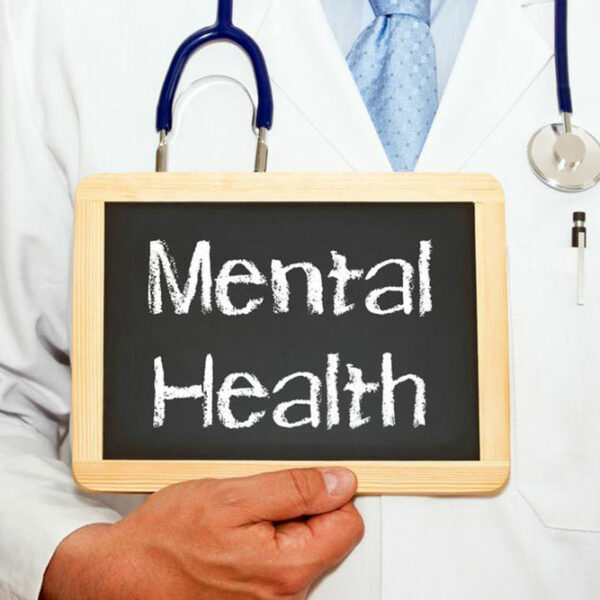
How regular exercise helps improve mental health
Some people hit the gym for building muscles and improving their cardiovascular health while others love spending time with their Bowflex home gym equipment for getting in shape. Regardless of individual desires and fitness goals, their regular exercise routine offers them much more than a fit body and an overall physical well being. A number of studies show that besides enhancing physical health, exercising boosts mental health as well. Continue reading to find out what mental health benefits regular exercise offers. Boosts happy chemicals Feelings of happiness and euphoria are the result of endorphin hormones. The more we exercise, the more these hormones release in our body. For those who are depressed, exercise and spending quality time at the gym is highly recommended, as it works as effectively as antidepressant pills do to treat depression and anxiety. Sharpens memory If you are on a lookout for ways to sharpen your memory, you can consider developing an exercise routine. Regular exercise or any other physical activity can improve your ability to learn new things. For the same reason, the level of physical fitness is linked to a child’s brain development. A study even shows that running or sprints improve vocabulary retention.


